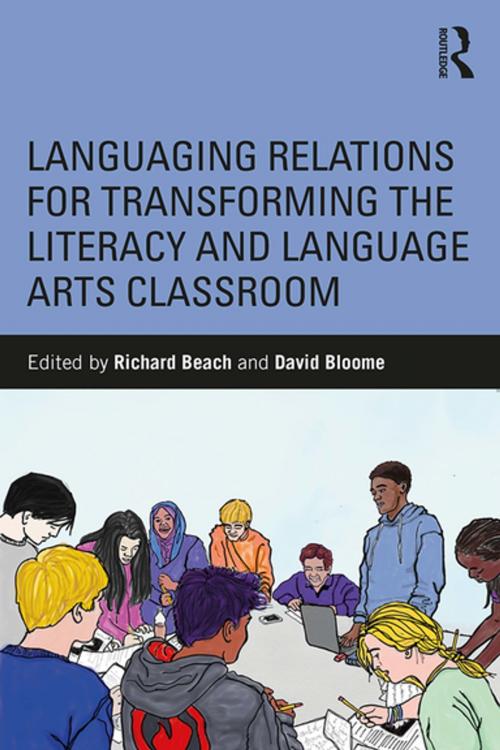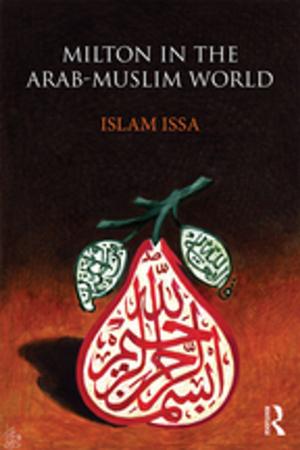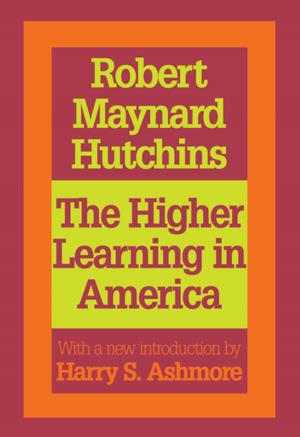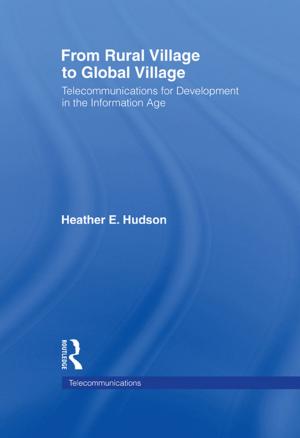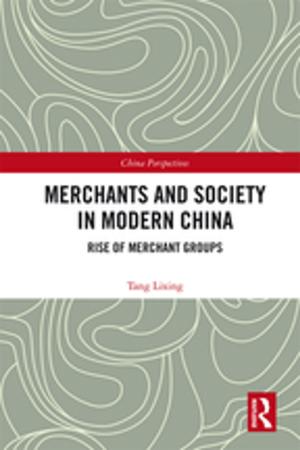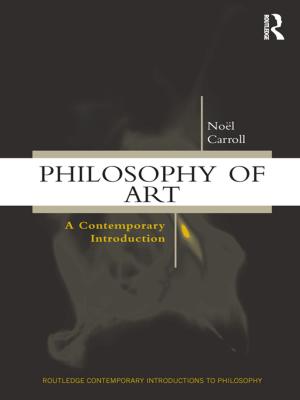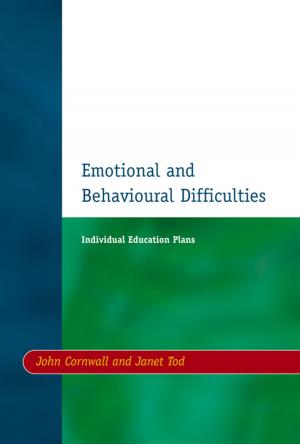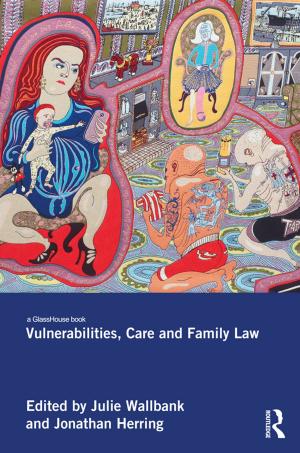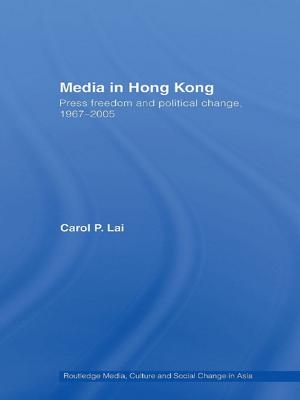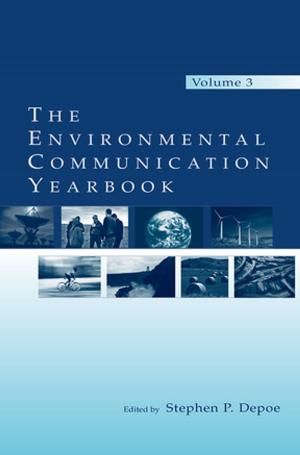Languaging Relations for Transforming the Literacy and Language Arts Classroom
Nonfiction, Reference & Language, Education & Teaching, Educational Theory, Bilingual Education, Teaching| Author: | ISBN: | 9781351036566 | |
| Publisher: | Taylor and Francis | Publication: | March 5, 2019 |
| Imprint: | Routledge | Language: | English |
| Author: | |
| ISBN: | 9781351036566 |
| Publisher: | Taylor and Francis |
| Publication: | March 5, 2019 |
| Imprint: | Routledge |
| Language: | English |
Applying a languaging perspective, this volume frames the teaching and learning of literacy, literature, language, and the language arts as social and linguistic actions that generate new questions to make visible social, cultural, psychological, linguistic, and educational processes. Chapter authors explore diverse aspects of a languaging framework, the perspective of language as a series of ongoing and evolving interactional social actions and processes over time. Based on their research, the authors suggest directions for addressing substantive engagement as well as the marginalization, superficiality, and violence (symbolic and otherwise) that characterize the educational experience of so many students. Responding to the need to foster and support students’ intellectual, social, and affective worlds, this book showcases how languaging relations among teachers and students can deepen interactions and engagement with texts; enhance understandings of agency, personhood, and power relations in order to transform literacy, literature, and language arts classrooms; and improve the lives of teachers and students in educational settings.
Applying a languaging perspective, this volume frames the teaching and learning of literacy, literature, language, and the language arts as social and linguistic actions that generate new questions to make visible social, cultural, psychological, linguistic, and educational processes. Chapter authors explore diverse aspects of a languaging framework, the perspective of language as a series of ongoing and evolving interactional social actions and processes over time. Based on their research, the authors suggest directions for addressing substantive engagement as well as the marginalization, superficiality, and violence (symbolic and otherwise) that characterize the educational experience of so many students. Responding to the need to foster and support students’ intellectual, social, and affective worlds, this book showcases how languaging relations among teachers and students can deepen interactions and engagement with texts; enhance understandings of agency, personhood, and power relations in order to transform literacy, literature, and language arts classrooms; and improve the lives of teachers and students in educational settings.
